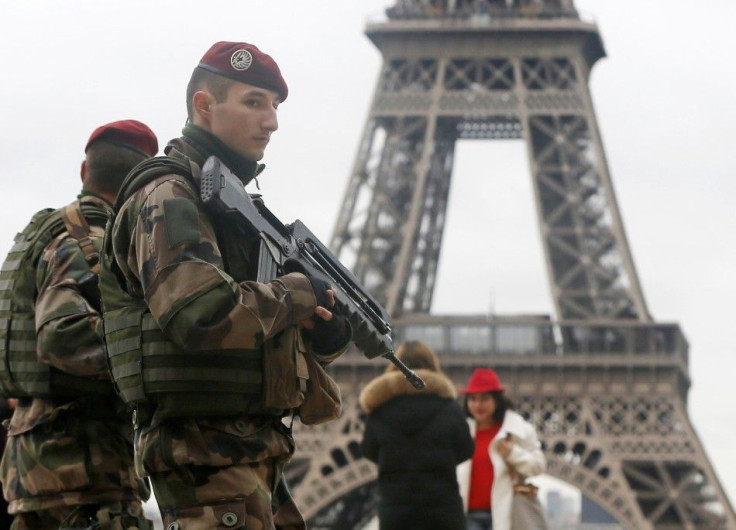EU Countries Work On Response To Terror Attacks As Tourism Go Down

Countries in Europe are working overtime to create a response to the wave of terror attacks that occurred in Paris in the first week of 2015, as tourist arrivals drop in France. Federica Mogherini, EU foreign policy chief, said among the first initiatives the EU members agreed were to launch anti-terror "projects" in coordination with Muslim-majority nations.
EU foreign ministers met on Monday in Brussels to discuss initial plans that will be brought forward to the February 12 EU leaders summit that focuses on fighting terrorism. Mogherini said the Charlie Hebdo attacks in France have prompted plans to include improving Arabic skills.
"We have to strengthen the way we cooperate," Mogherini told reporters. "We need to share information more, we need to cooperate more also among member-states."
A report by the AP noted the number of tourists in Paris have dropped. The usual long lines around the Eiffel Tower were visibly short. Kamel Bougrab, a sandwich seller, told AP the city's been so calm since the attacks. "There's hardly anyone at all."
The EU is on high alert following the France deadly attacks as well as the surge of arrests in Belgium following a foiled suspected terrorist plot. Law enforcers in France, Belgium and Germany have carried out dozens of arrests in recent days to root out jihadist cells. The twin attacks in Paris this month alone had killed 17 people.
A report by The Independent said EU foreign ministers will establish legislation that will open and boost intelligence cooperation and controversial data-sharing. Didier Reynders, Belgium's Foreign Minister, said the information-sharing between EU countries is already highly essential. "We have to exchange information in Europe and outside Europe to really follow what is going on and to prevent any acts that could be launched on our territory,'' France24 quoted Reynders. VOA News reported the ministers will avoid crafting and effecting new legislation that will call for a prolonged military presence on the streets of Europe.
New attaches at some EU foreign missions, Mogherini said, will be tasked to develop "security and anti-terror co-operation" with countries affected by terrorism. Once plans are finalised, Mogherini said the new undertakings will be carried out in collaboration with Turkey, Egypt, Yemen, Algeria and Gulf states.
Rob Wainwright, Europol chief, told Sky News over the weekend that the scale of the threat of terrorism in Europe "has increased over the last 10 years." With at least 28 people arrested at various points across the continent since the Paris attacks, the threat is an "urgent and very serious challenge," Wainwright added.




















